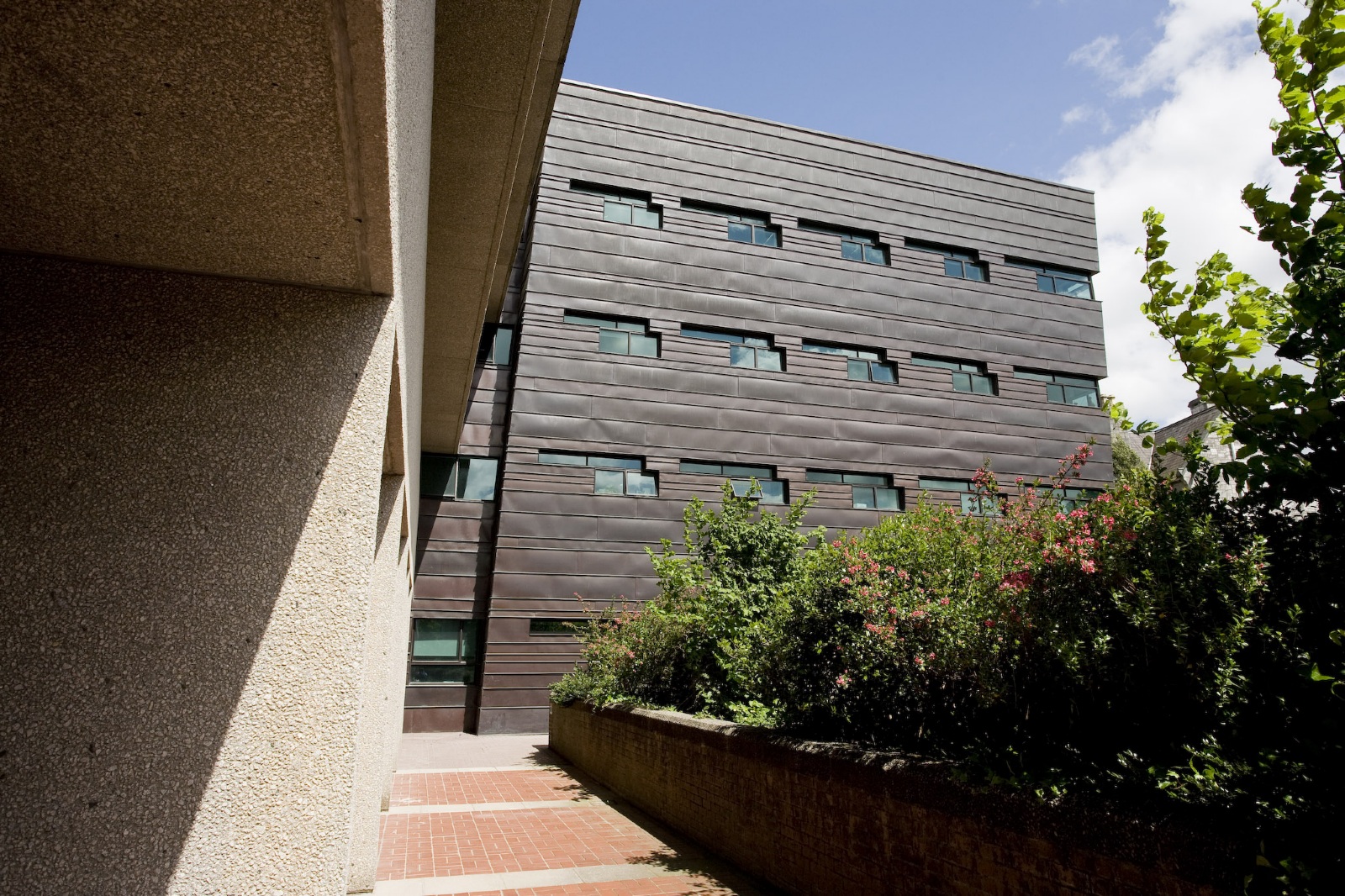News
Subjective Beliefs and Economic Preferences During the COVID-19 Pandemic

During 2020, a team of experimental economists from the CEAR Lab (Atlanta, Cape Town, Utrecht) conducted 6 waves of online experiments, in the US and South Africa, to estimate relationships among people's risk preferences, their preferences over distributions of rewards over time, their beliefs about the future course of the COVID-19 pandemic, their sources of information about the virus, and their behaviour with respect to health and safety. In this seminar Professor Ross presented results on how well the US subjects' beliefs about COVID-19 matched the publicly available forecasts of epidemiologists over the course of the year. In relation to beliefs about the future course of the pandemic, young people's predictions were found to be broadly accurate. The research also suggests that young people generally became more risk averse during the pandemic.
Professor Ross is Head of the School of Society, Politics and Ethics in UCC. He is also Professor in the School of Economics, University of Cape Town, South Africa, and Program Director at the Center for Economic Analysis of Risk, Georgia State University, Atlanta, USA.
The seminar was hosted by the ISS21 SHAPE (Society, Health and Political Economy) Research Cluster and chaired by Dr Eluska Fernandez.
For more on this story contact:
Dr Eluska Fernandez (e.fernandez@ucc.ie)
